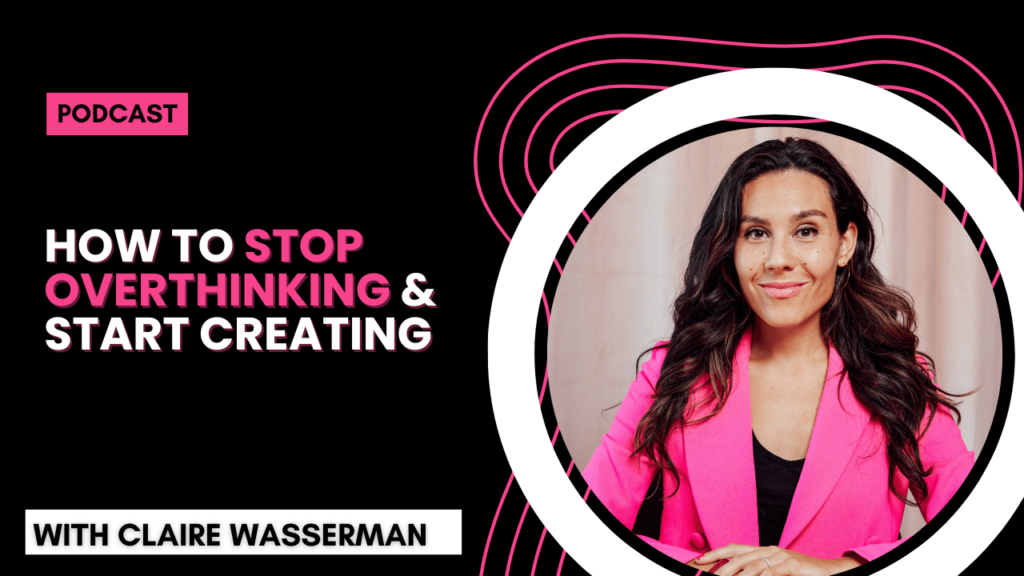Improve Your Relationship with Money
An excerpt from last week’s edition of Really Good Work Advice,
a digestible deep dive into what makes a good work-life.
Money is very real. It pays your rent and lets you quit your job or go on vacation.
But it’s also unreal—you choose to pay your rent, you decide to quit your job, you plan that vacation.
How often do you actually feel that sense of agency? For many of us, the opposite feels way more familiar. We put money on a pedastal; it’s something always just out of reach.
That’s because the story you tell yourself about money is greater than the money itself. Your financial decisions and anxieties aren’t just about numbers—they’re expressions of deeper psychological patterns, family history, and core values.
In other words…
Your relationship with money reflects your relationship with yourself.
The goal is to identify the underlying issue (hint: it’s not about the money!), create conditions that make it easier for you to take action, and then start working on releasing what doesn’t serve you so you can start creating what does.
The psychology behind money stress
Our actions are driven by thoughts influenced by emotions. We’re wired to avoid pain, particularly the pain of rejection from others. This evolutionary programming means that changing financial behaviors isn’t simply about willpower or financial literacy—it’s about addressing the emotional underpinnings of our money decisions.
Money represents different things to different people, and these symbolic dimensions profoundly affect our financial behaviors:
- Status and social standing
- Power and influence
- Security and stability
- Freedom and independence
- Self-worth and validation
For many, money behaviors are tied to generational patterns. When your ancestors had to face significant hardships, resilience becomes encoded in your DNA—but so do the compromises they made to survive. These compromises often manifest as limiting beliefs about what you deserve financially.
One client I worked with believed that getting rich required burnout and unethical behavior. This belief wasn’t random—it came from watching her parents struggle financially while wealthier people in her community seemed to cut corners. Until she identified this unconscious belief, her career repeatedly stalled whenever she approached higher income levels.
So what can we do?

